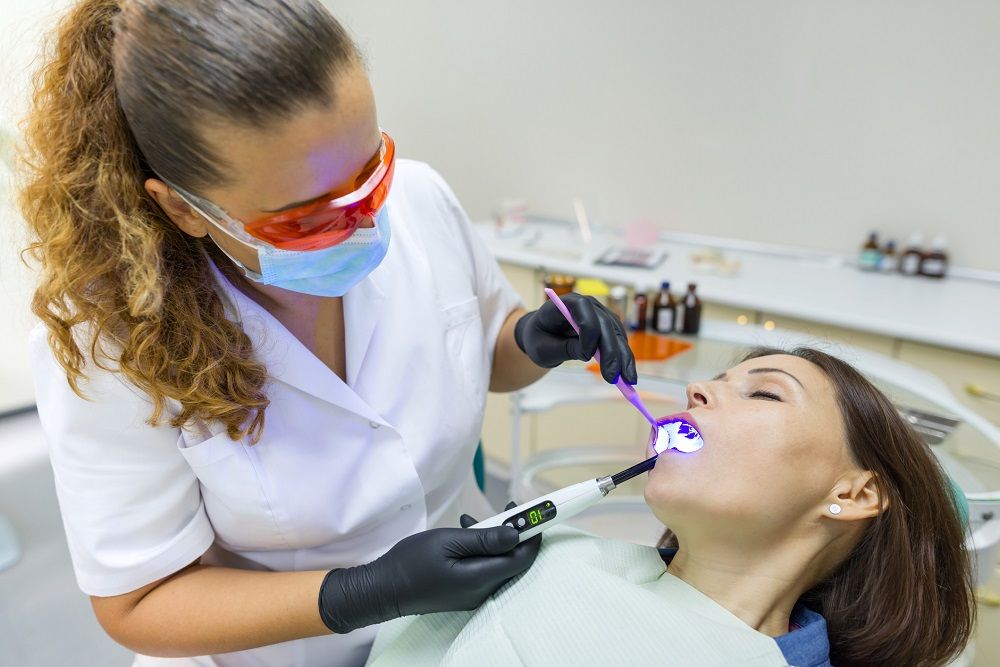More than one-fifth of dental patients, both young and old, feel dental fear before they visit their dentist’s office. Modern dentistry prioritizes patient comfort, so you can use special medication to feel more relaxed in the dental chair.
These targeted solutions are known as sedation dentistry, but some people will still worry about taking medicine from their dentist. Knowing more about these treatments can make you feel more comfortable. So read on to learn more about dental sedation and its effect on your body.

What Does Dental Sedation Do?
Sedation dentistry refers to medicine designed to induce a feeling of calm within a dental patient during a procedure. Dentists administer this through a gas breathed through a mask over the nose or mouth (nitrous oxide) or through a tablet taken orally before the appointment.
Both options generate a relaxing sensation that relieves tension and encourages a more positive experience in the dental chair. This differs from anesthetics, which work to block pain and numb targeted areas of the mouth. But these treatments can be used together, depending on your specific needs.
Nitrous oxide will create a calm feeling without affecting the patient’s awareness. Oral sedation may induce drowsiness along with a relaxed feeling. Learn specifics about each type of sedation by speaking to your dentist.
How Long Do Sedation Effects Last?
Some people may worry about how long sedation effects will endure or if they will impact the rest of their day after their dentist appointment. The length of the effects will depend on the type of sedation you receive. So consider these expectations when deciding which option will suit you during your dental work.
Nitrous oxide effects begin right when you breathe this medicine and will fade when you start breathing normal air again. You will not experience grogginess and can expect to continue with your usual activities without issue.
Oral sedation, however, is less controlled, so you can anticipate feeling its effects after you leave the dentist’s office. You may feel drowsy, meaning you will need to arrange a lift home after your appointment. Expect to feel some side effects for the rest of the day, which may disrupt your plans.
Is Dental Sedation Safe for Everyone?
Dental sedation is a suitable treatment for patients of any age, including children. This branch of dentistry is not new and has reliably been applied to patients from various backgrounds without issue.
But to ensure this medicine will suit your unique needs, tell your dentist about your medical history, including any medications you currently take. These may impact the anticipated effect of sedation.
Your dentist undergoes training and licensing to administer sedation properly, so you can feel confident in this treatment. If you worry about the control of these substances, discuss it with your dentist. They can consider your comfort level to find the best way to help you stay calm at your next dentist appointment.
